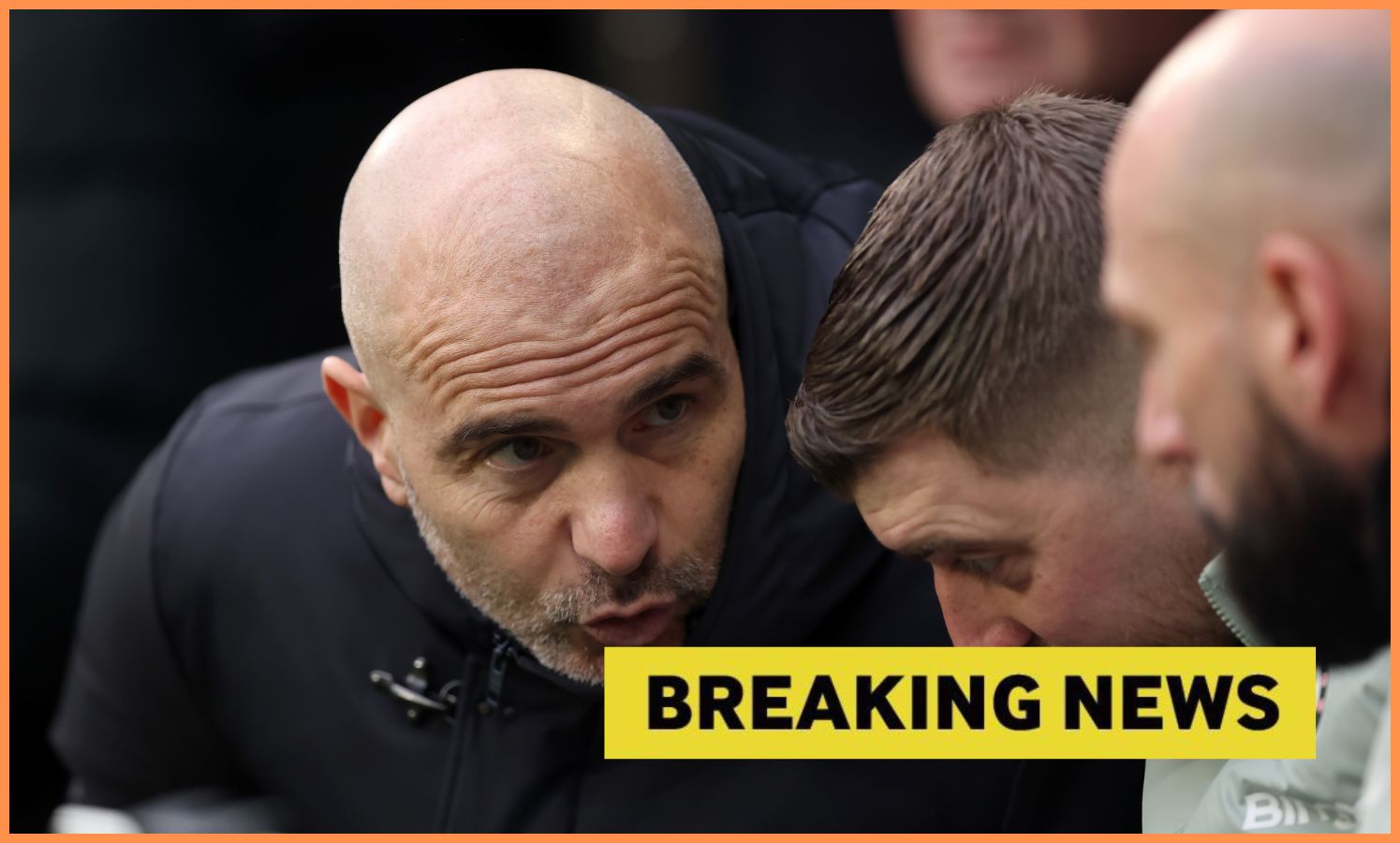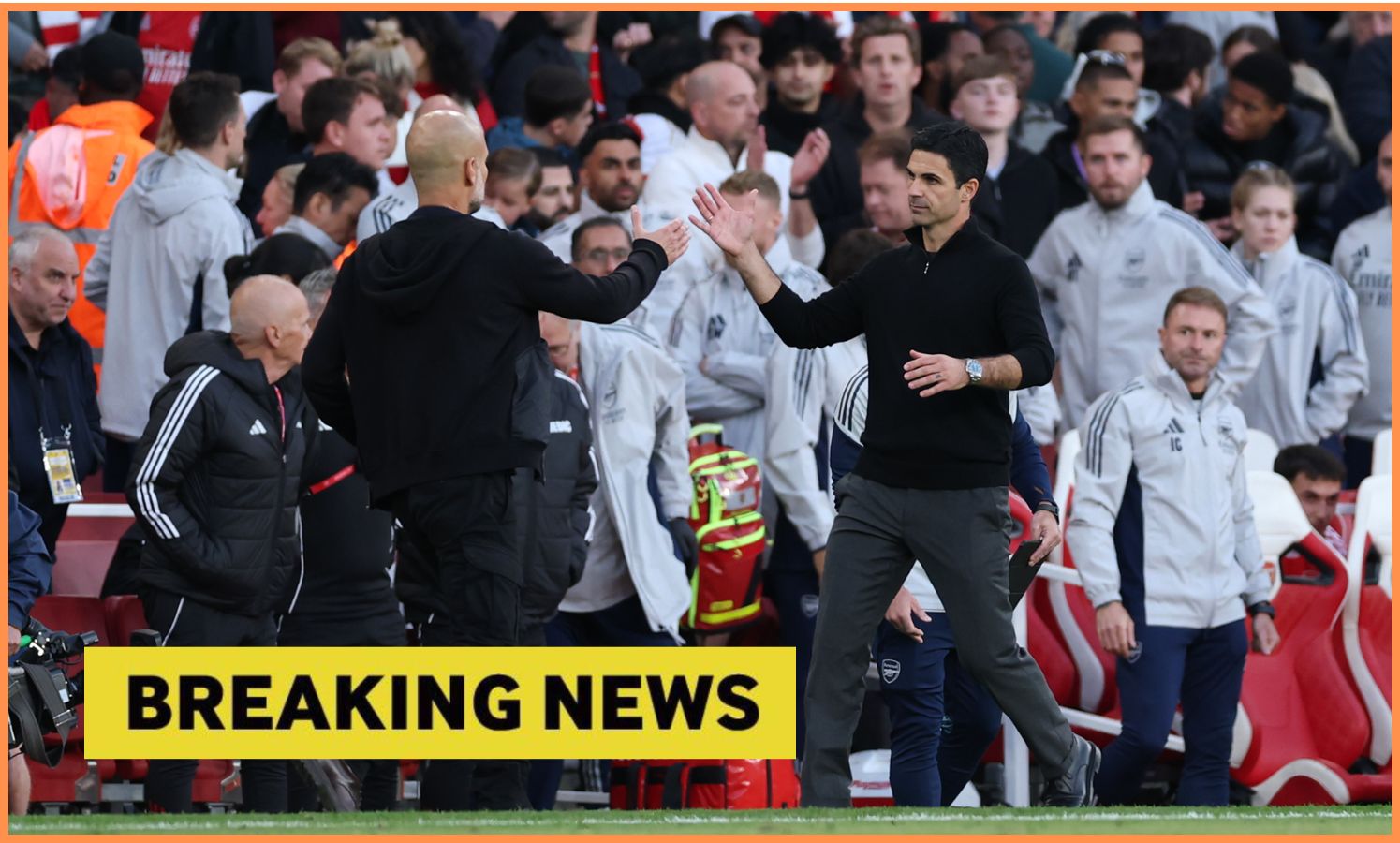[ad_1]
1
Raine Group co-founder Joe Ravitch has opened up on Sheikh Jassim Bin Hamad Al Thani’s failed bid to buy Manchester United.
The 13-month sale process that was kickstarted by the Glazers in late 2022 saw Sheikh Jassim come up against Sir Jim Ratcliffe in a hotly-contested race to purchase United.
Sheikh Jassim wanted to buy 100% of the club. He promised to clear the Red Devils’ existing debt and invest significant sums in revamping the infrastructure and improving the team.
However, his bid for a full takeover was not deemed enough by the Glazers. The American family decided to go with Ratcliffe who eventually amended his bid and subsequently sought a minority buy-out but with full control of United’s sporting operations.
On Christmas Eve, United announced that Ratcliffe had struck an agreement with the Glazers over a partial investment into the Red Devils.
This deal was made official last month. The INEOS billionaire has wasted no time in starting work at Old Trafford.
After the confirmation of his investment, he spoke to the media and aimed a dig at his main competitor during the takeover – Sheikh Jassim.
Ratcliffe joked that the Qatari royal might not exist and even suggested that the manner he went about trying to take over the reins at the club was not standard practice.
However, according to Joe Ravitch who spoke to The Times, Sheikh Jassim does indeed exist and he was very interested in becoming the next custodian of the 20-time English champions.
Ravitch is a co-founder of Raine Group, the American merchant bank that was contracted by the Glazers to preside over the United takeover.
He told the newspaper, “We met Jassim.”
“He was in New York. He’s a lovely guy; a very smart guy. The Qataris were very real. They were very smart guys, very thoughtful. I don’t know why they didn’t appreciate the value [of the club], but we were not their adviser. We tried as the seller to explain the value to them, and they put what they thought was a series of very serious bids on the table.”
“His bid, however, was not enough, with the Glazer family, who are still the majority owners of the club, rejecting their bids.”
“My clients [the Glazers] are also smart guys. We thought the value would be around $6.5 billion [about £5billion], so we were kind of spot on with regards to where Ratcliffe ended up.”
Ravitch hinted that the price they were willing to sell United drastically changed midway through the process after the Washington Commanders changed hands for $6 billion. This may have been the thing that finally put the Qatari businessman off and prompted him to withdraw his bid.
“When the Washington Commanders [NFL team] went for $6 billion we all thought: ‘Well, United is the most important sports team in the world; more than a billion fans. The Commanders own one 32nd of the NFL. Their economics are severely limited by the commercial sharing caps placed on it by the league.”
“We know that because the Glazers also own an NFL team. Therefore, if someone is willing to pay six billion for the Commanders, someone should be willing to pay more for United.”
Ravitch added, “I think the Qataris got to about $5.75 billion. We said to them, ‘You’re within 10 per cent, why don’t you get in a room and try to get to a deal.’ But they said no. I think they were very conscious of criticism if they were seen to be overpaying.”
He further stated that while the Qataris would have made good owners of United, the Glazers made the right choice not to take less money and instead stick with Ratcliffe.
[ad_2]
Source link
This website aggregates and curates news articles, blog posts, and other content from a variety of external sources. While we aim to link back to the original source, this site does not own or claim ownership of any articles, posts, or other content indexed on this site. The views, opinions, and factual statements expressed in each piece of aggregated content belong solely to its respective author and publisher. We make no representations or warranties regarding the accuracy or completeness of aggregated content. Visitors are advised to verify facts and claims through the original source before reuse or redistribution.



